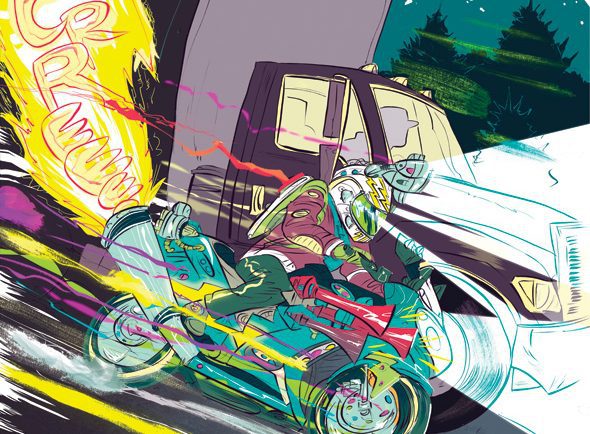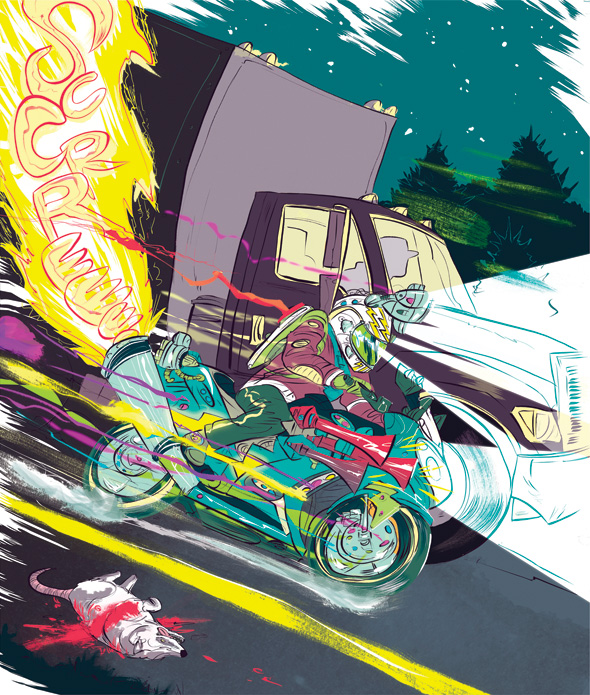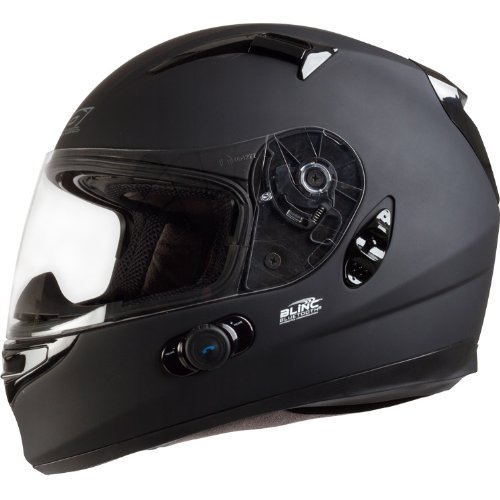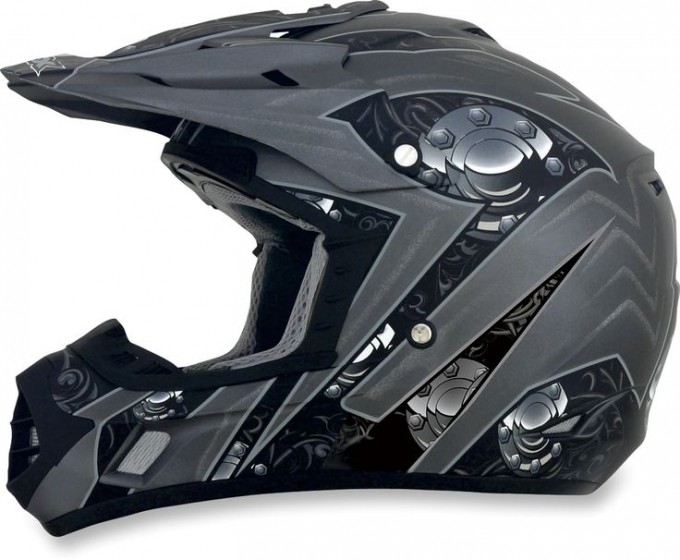
Nowhere is the topic of safety more emotional than among motorcycle riders, who have had a decades-long conversation about mandatory helmet laws. Only 19 states mandate their use, according to the Insurance Institute for Highway Safety. Moreover, there were attempts in 11 states to put helmet laws in place during 2013, The Economist reports. None passed.
Don’t Rely on Drivers to Notice Bikes

THE ART OF BEING SEEN ON YOUR MOTORCYCLE
The National Highway Traffic Safety Administration, which supports mandatory helmet laws, says that even with high-level motorist awareness campaigns and crackdowns on impaired drivers, motorcyclists still face disproportionate risks on the road:
- 80 percent of motorcycle accidents result in injury or death to the rider(s)
- Head injury is the leading cause of death among motorcyclists
- Louisiana, which adopted, repealed and re-instated a mandatory helmet law in 2004, saw a 30 percent drop in motorcycle-related deaths in 2005
With SUVs and crossover vehicles outnumbering sedans for the first time in 2014, bikers should consider more protection against these larger vehicles that may continue to dominate the road.
Bluetooth: Encouraging Motorcyclists & Passengers to Wear Helmets
Mandatory helmet laws have been overturned in many states, but technology inside today’s helmets may persuade some to give them a try. Incorporating bluetooth technology in motorcycle helmets has revolutionized the helmet industry and may have encouraged some who formerly rode without helmets to convert. Through Bluetooth, riders and passengers can communicate with one another; both can follow GPS-downloaded directions, listen to music and even speak with other riders on the same channel. Riders can receive weather advisories as well, and voice prompts make multitasking safe and easy.
According to many riders, Bluetooth makes the ride even more enjoyable. Add on the protective elements a helmet provides, and riders (and nervous family members and friends) can get a bit more peace of mind. Overall, according to the National Highway Traffic Safety Association, wearing a helmet reduces serious injury and death from accidents by almost 30 percent, and riders/passengers without helmets are 40 percent more likely to die from accident-related injuries.
Helmet Manufacturers, Riders Working on Helmet Comfort
Aside from objecting to yet more instructions from the government, riders who go helmetless often complain about the heat factor. It’s true that riding without a helmet produces airspeed that keeps a rider cooler. Plus, no helmet can change the outside temperature.
Luckily, manufacturers are listening. They’ve designed helmets that facilitate airflow. Even better, riders are getting in the game. In Ann Arbor, Michigan, a University of Michigan engineering student and rider in the school’s Master of Entrepreneurship program has received start-up funding for his own helmet design that incorporates cooling technologies.
Biker forums also provide ideas to keep more than just the head cool during a ride in especially hot weather. Many recommend wearing a cooling beanie under the helmet, a cooling vest or a T-shirt that’s been stored inside a freezer.






